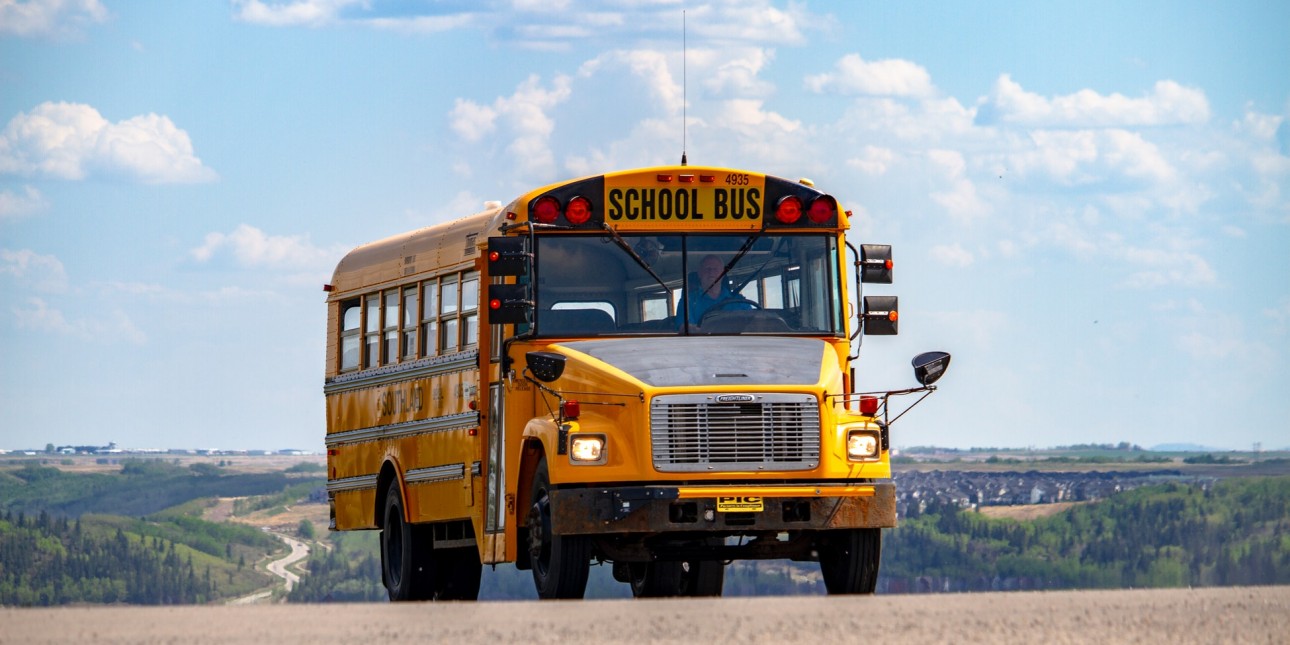
Partnering for Transportation - Mentoring In Rural Communities
Transportation is a major challenge in rural communities. Vast geographic boundaries, non-existent public transportation, and lack of personal vehicles make getting to events or trainings a major issue for both families and volunteers involved in a mentoring program. While there’s no magic answer to this inherent problem, there are ways to strategically address the lack of transportation in rural communities. Here are a few tips.
Tips for Transportation Challenges
- Look at your Community Asset Map. Who did you list that has access to transportation? What is your current relationship with them? Are there common goals or a common target population? What can you offer them in partnership?
- When planning activities, pay attention to other events/happenings in the community.
- Will you be competing for transportation? In other words, will our transportation partners need their buses, vans, etc. for another event? Will families have conflicting transportation needs with their own vehicle? If so, you may want to choose another date for your event.
- However, in some cases you may be able to piggy-back on the other event to consolidate transportation resources or promote car-pooling. In this case, planning your event in coordination with nearby events could mitigate transportation shortages.
- If you cover a large service area, consider rotating the locations of your trainings or events to meet the needs of different communities and spread out the burden of traveling long distances. For example, families that live in one town may not be able to get to your October training in the next county, but they can come to the November training in their town.
- Consider forming a partnership with schools or churches that have buses available.
- Ask a local car or van rental company to donate vans for a day. Remember that for this to work, you’ll have to have a properly licensed driver available and all necessary insurance in place.
- If your area has public transportation, plan your events close to bus stops or train stations.
- Work with gas stations or other businesses to get donations of gas cards to help reduce the expense of transportation for parents and mentors.
- For trainings, consider using technology such as Skype, Hangouts or FreeConferenceCall.com (which offers video conferencing and training options) to reduce the need for travel. These technologies could be used to bring mentors together for training and support groups, or as a way for mentors and mentees to communicate in-between in-person meetings (Source: From Mentoring in Rural Communities: Traveling the Distance to Facilitate Your Program).
- Hold events and trainings immediately after school or work so participants don’t have to make a special trip into town.
- Businesses or agencies that would be likely to have transportation include:
- Churches
- Schools
- Recreation Centers
- Camps
- Nursing Homes
- Florists
- Caterers
- Hotels
- Car dealerships
- Shuttle services
- Car rental agencies
- From Mentoring in Rural Communities: Traveling the Distance to Facilitate Your Program
- Provide a variety of mentoring strategies that meet where the mentees already are.
- Get a van if you can.
- Arrange for mentees to ride a particular school bus (to the ice rink, to the community center, to the Arts Center. Mentors then have fun with them and parents pick up kids on their way home).
- Make matches that are convenient for both mentor and mentee (ie. Don’t have a car? Encourage an after-school mentoring match or with a mentee who loves to ride bikes. Does the mentor live in a particular area? Match with a child in that same area.
Focus areas